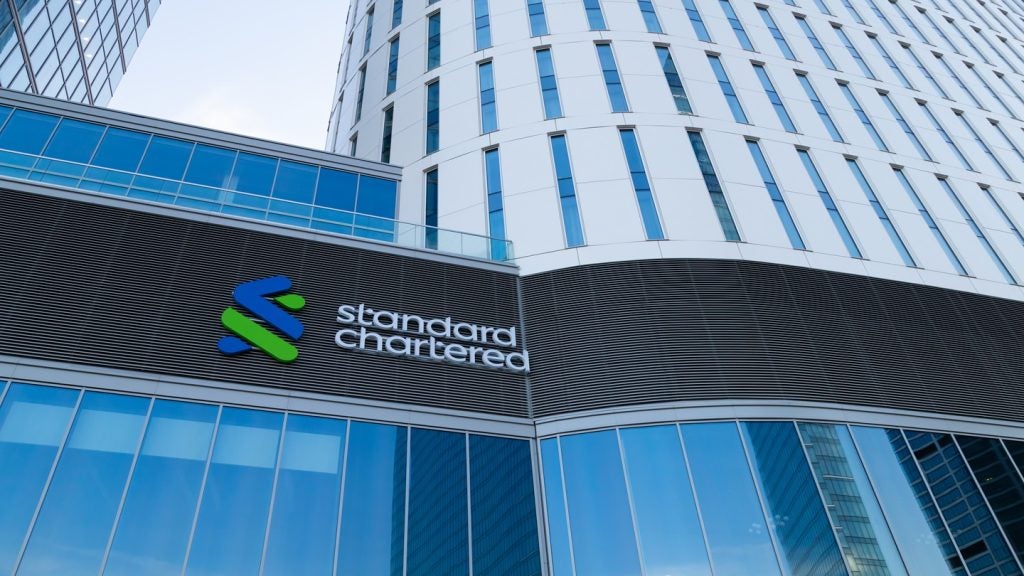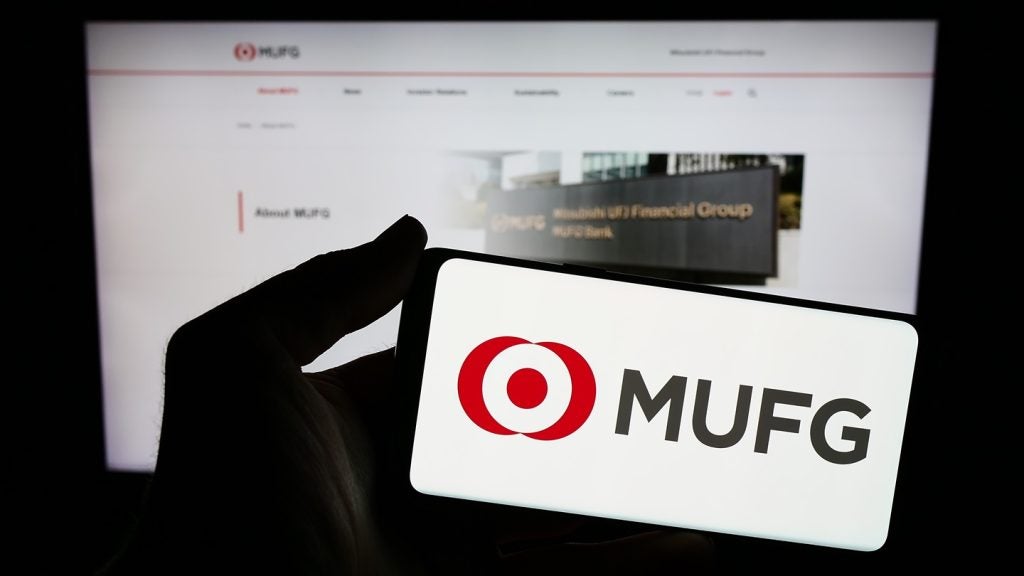Private banks have jumped ahead of asset managers and investment
banks to become the service provider of choice for European single
family offices.
They were named as one of the main external financial service
providers by 57 percent of 40 single family offices (SFOs)
surveyed, up from 36 percent last year.
The survey, which is based on data collected in November, showed
SFO priorities for selecting outside providers shifted
significantly over the course of 2008. While investment track
record was seen as the most important factor last year, it fell to
fifth place this time around as SFOs placed more importance on
confidentiality and reputation, playing to the traditional
strengths of private banks.
“There have been a lot of areas converging on this front,” said
Mark Nixon, director of institutional clients and family offices at
Merrill Lynch, which co-authored the survey with Campden, a
research company.
“Counter-party risk and the relationship some family offices
have with smaller private banks in Switzerland are both important.
Their relationships with private banks are strong, and in times of
stress people revert to what they are more comfortable with.”
Reversion to norm expected
How well do you really know your competitors?
Access the most comprehensive Company Profiles on the market, powered by GlobalData. Save hours of research. Gain competitive edge.

Thank you!
Your download email will arrive shortly
Not ready to buy yet? Download a free sample
We are confident about the unique quality of our Company Profiles. However, we want you to make the most beneficial decision for your business, so we offer a free sample that you can download by submitting the below form
By GlobalData“That has led to an increase in the use of private banks. But I
think over the next two to three years we will see a reversion from
this back to the norm.”
A lack of transparency, an accusation frequently levelled at
hedge funds, contributed to a big decline in the use of asset
managers. They were named by 52 percent as main external financial
services providers in the most recent survey, compared to 75
percent the year before.
“With the markets in flux and household names under the
microscope, transparency became key this year,” said one Dutch SFO.
“Service providers that couldn’t show transparency were cropped. No
excuses.”
Despite their higher levels of investment sophistication, Gary
Dugan, Merrill’s chief investment officer, said SFOs, and ultra
high net worth clients more generally, had been hit harder than
most by the financial turmoil.
Their preference for alternative investments, including assets
which have suffered from a lack of liquidity, was a factor in this.
The survey shows SFOs held 45 percent of their investments outside
of equities, fixed income and cash. The most popular alternatives
were real estate (14.5 percent, not including real estate
investment trusts), hedge funds and funds of hedge funds (9.1
percent combined) and commodities, (5.5 percent).
“If they are accurately marking to market, then you could say
they have been hit very hard,” said Dugan.
In particular, he noted a very low allocation to fixed income
products – of just 10.1 percent – in single family office
portfolios, which he expected to change. Another important asset
allocation feature was a large move out of equities and into cash,
which made up 26.1 percent of SFO portfolios compared to 5 percent
last year.
Other key findings of the survey included an apparent
“complacency” from SFOs with regard to risk management, with only
26 percent of those surveyed saying they have changed the way they
handle risk.
There would also be an enhanced need for due diligence on
investments, even on co-investment opportunities with other SFOs
where due diligence had already been performed by other
parties.
The survey estimates there are between 500 and 650 single family
offices in Europe. Fifty six percent were set up after 1990,
highlighting how SFOs remain a new phenomenon compared to the US,
which has between 2,500 and 3,000. The model is increasingly
popular in Australia, which has around 200 single family offices,
and is developing in Asia, where there are estimated to be 20
formalised family offices (see PBI 243).








